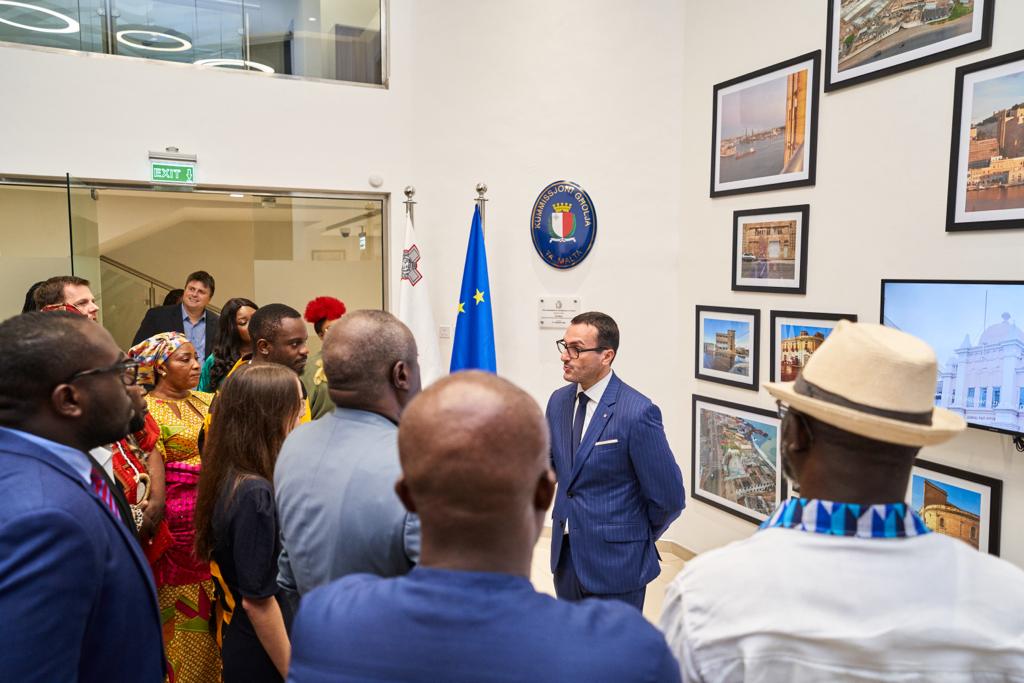![Empowering party members a call for inclusive democracy in Ghana [Article]](http://ghheadlines.com/index.php/images/default.png)
In the vibrant landscape of Ghanaian politics, the call for change echoes through the corridors of democracy. A proposed shift from the traditional Delegate system to a more inclusive approach, where every registered card-bearing party member gets a vote, seeks to address concerns about the narrowing avenues for diverse representation.
The delegate system, while having its merits, has been under scrutiny for potentially sidelining candidates from various backgrounds, such as teachers, farmers, and petty traders. The fear of vote-buying influencing the selection of parliamentarians looms large, raising questions about the fairness of the electoral process.
By embracing a system that allows all registered party members to cast their votes, the political landscape could undergo a transformation toward increased inclusivity. This shift could pave the way for a more diverse range of individuals to participate in parliamentary elections, ensuring that the voice of every sector of society is heard.
One of the key advantages of this proposed change is the potential reduction of the influence of a select few in determining party leadership. Allowing every registered member to participate in the electoral process would dilute the impact of vote-buying schemes and prevent a handful of delegates from becoming the sole decision-makers in selecting parliamentary candidates.
Moreover, expanding voting rights can foster a sense of ownership and engagement among party members. When individuals feel that their vote truly matters, it can invigorate the democratic spirit, encouraging active participation in political processes beyond just the election season. This could lead to a more informed and politically aware electorate, strengthening the foundation of Ghana’s democracy.
In the quest for inclusive democracy, it is essential to strike a balance between tradition and progress.y While the Delegate system has served its purpose, the evolving dynamics of Ghanaian society call for a reevaluation of the mechanisms in place. By championing the cause of broader political participation, we can aspire to build a parliament that truly represents the rich tapestry of Ghana’s populace.
In conclusion, the proposal to extend voting rights to all registered party members is a step towards a more inclusive and representative democracy in Ghana. Embracing this change can help break down barriers that may hinder individuals from diverse backgrounds from participating in parliamentary elections. As the nation moves forward, let it be with the collective voice of all party members, echoing the principles of equality and fairness in the corridors of political power.
–
The post Empowering party members a call for inclusive democracy in Ghana [Article] appeared first on Citinewsroom - Comprehensive News in Ghana.
Read Full Story


















Facebook
Twitter
Pinterest
Instagram
Google+
YouTube
LinkedIn
RSS